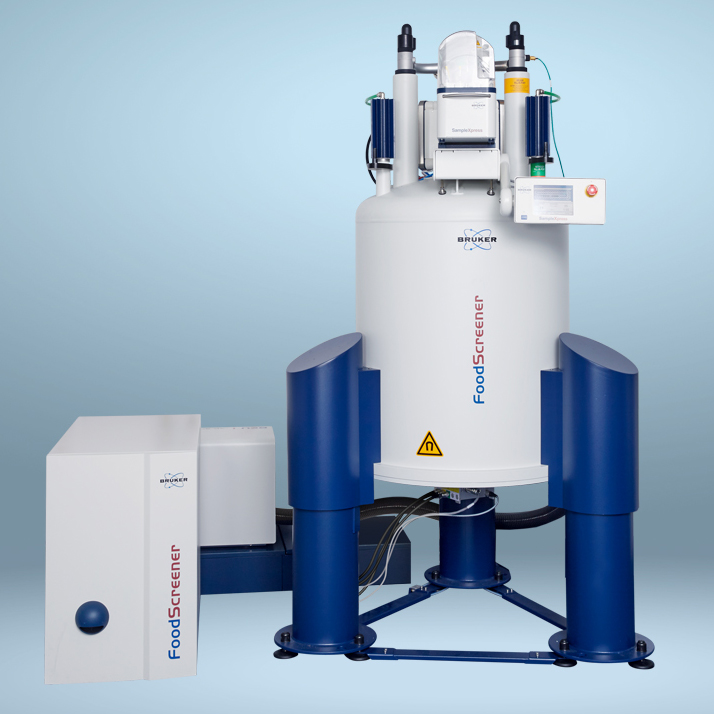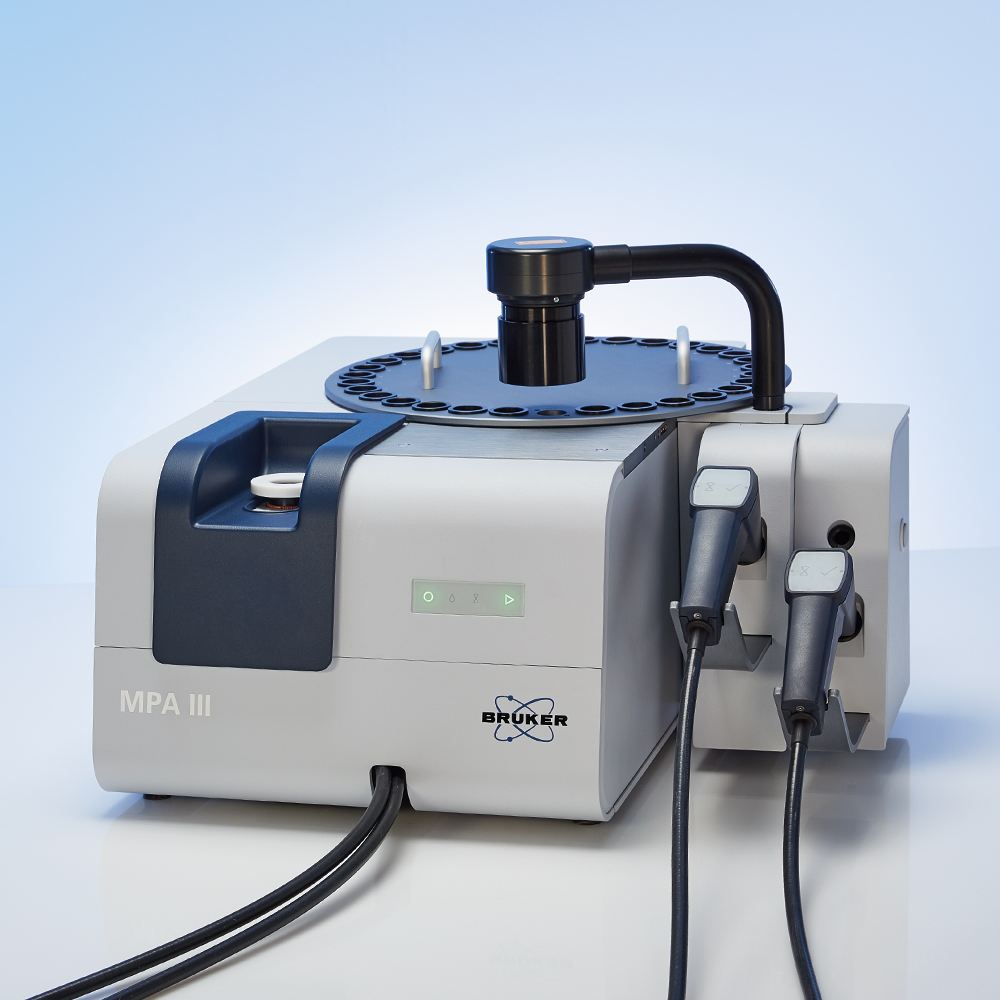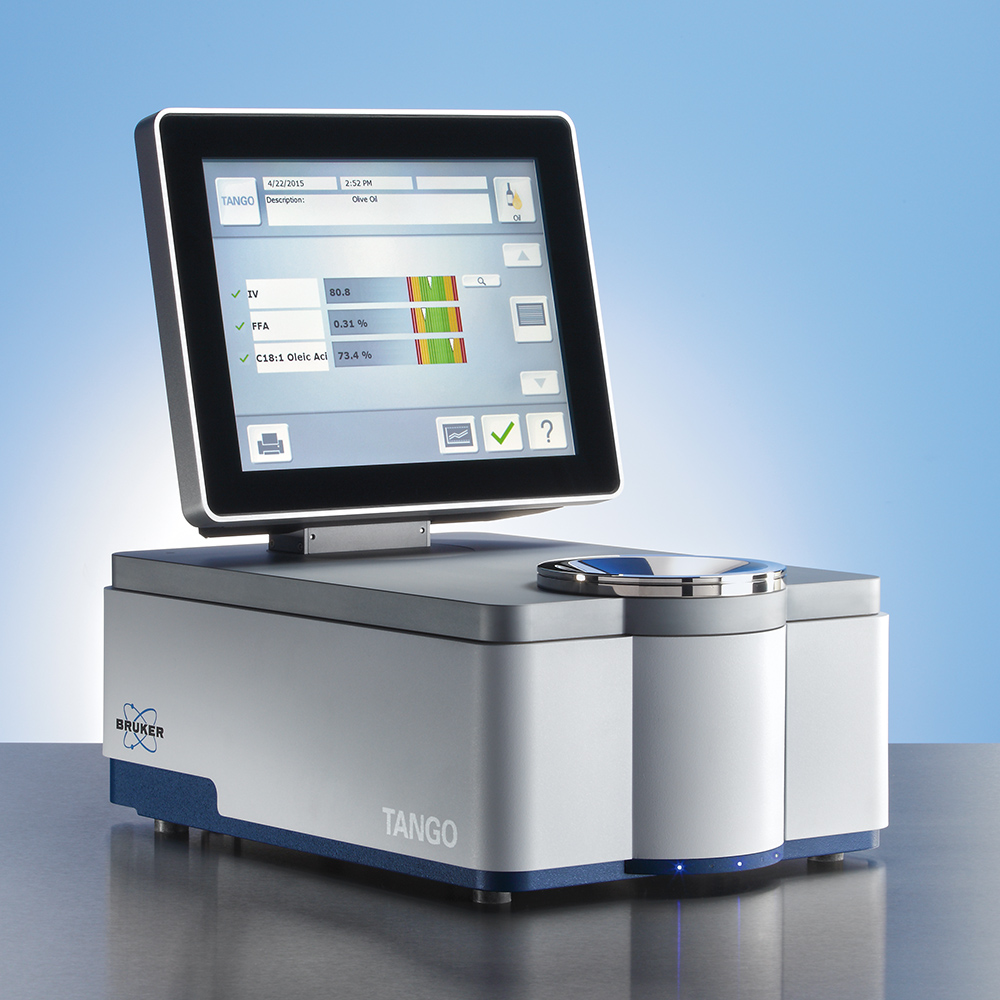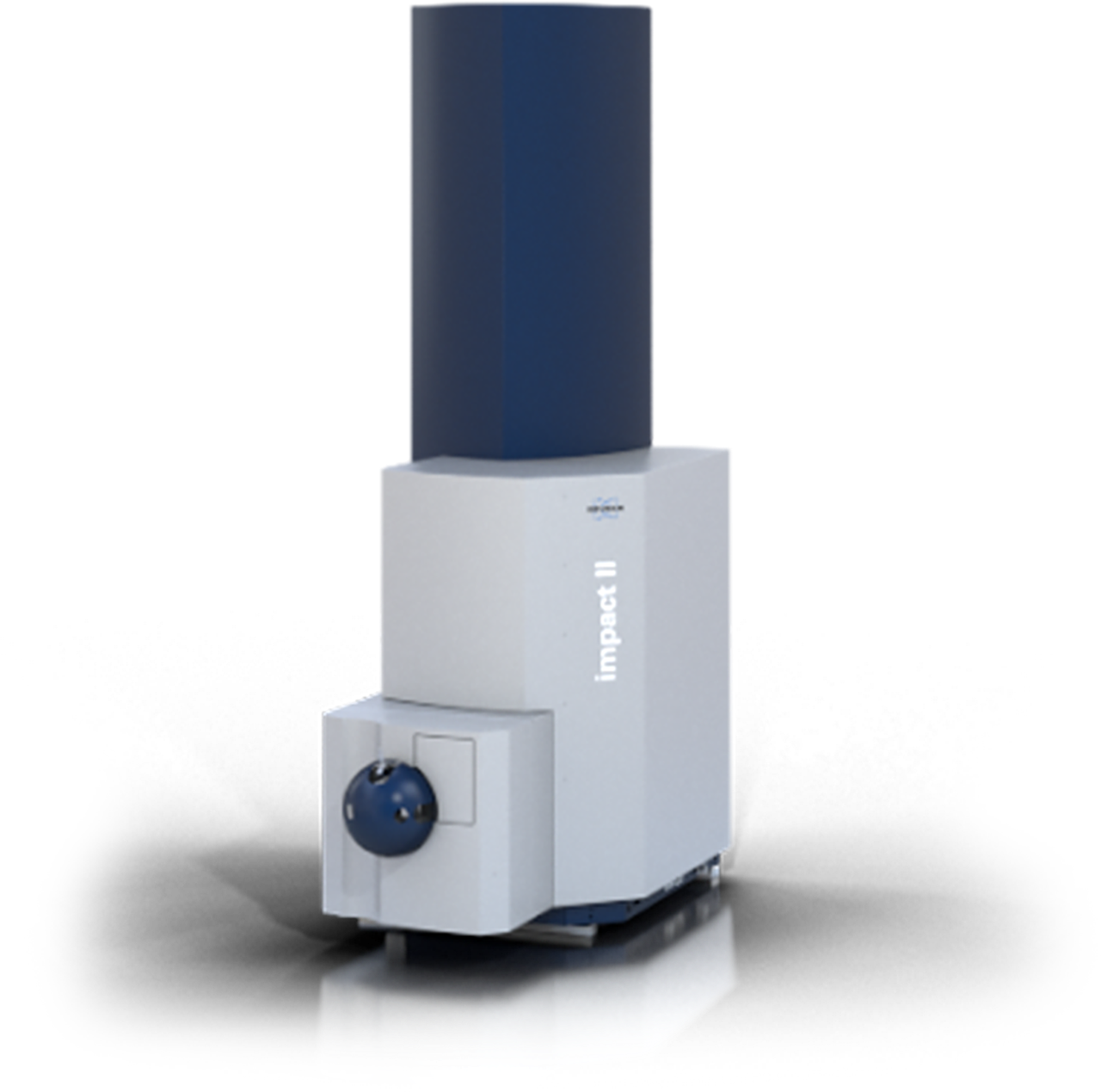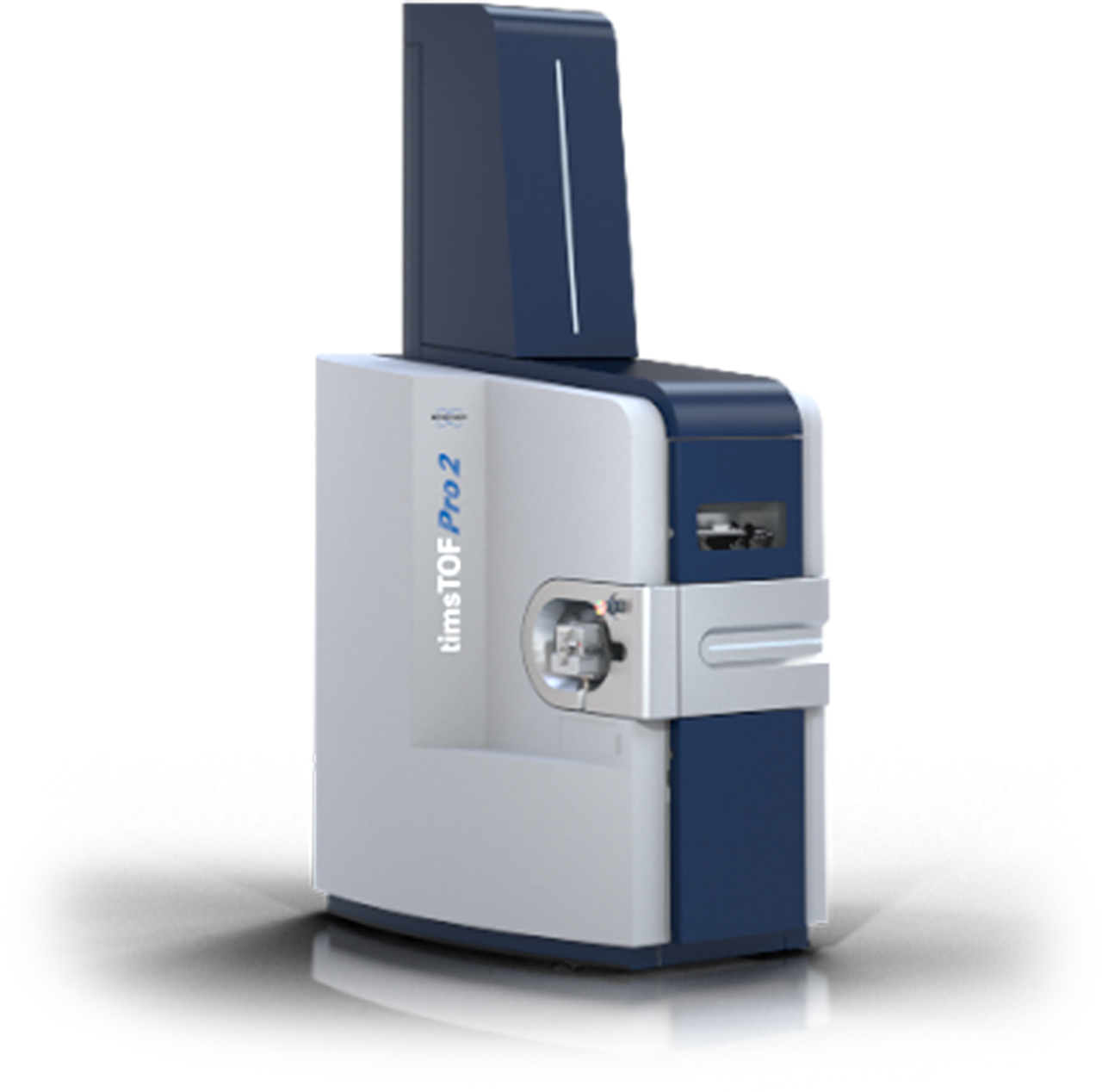Food Authenticity & Brand Protection
Food Authenticity
Especially within the EU there are many examples of protected products of designated origin (PDO-Product of Designated Origin), to name a few, specific brands of cheese e.g. mozzarella, marzipan, wine, beer, sausage, fish and more. These brands are looking for ways to protect their unique PDO If the products of different regions are well known, defined and have specific markers, it is possible to use a targeted MS approach for this analysis. For new products or regions gaining PDO certification, a different approach is required called ‘unknown and untargeted screening’; both workflows can be solved by BrukerMass Spectrometryproducts.
Automated high-resolution1H-NMR spectroscopy, combined with multivariate statistical chemometrics, provides unique "all-in-one" capabilities for food authenticity control and brand protection.
NMR is targeted and non-targeted likewise. The technique is able to simultaneously observe hundreds of components in the food and due to its high reproducibility acquire a so-called fingerprint of the samples,allowingtargeted quantification of specific marker components, as well as statistics-based fingerprinting for nontargeted detection of admixtures and determination of origin- all within the same experimental run.
Adulteration Screening
Maintaining brand reputation and product quality has led to increased focus on qualifying raw materials and ingredients used in food production. In addition to traditional quality parameters, detection of adulterants plays a critical role in ensuring food safety and quality. The USP (US Pharmacopeial Convention) Food Fraud Database currently lists hundreds of incidents of economically motivated adulteration (EMA), substitution, counterfeiting or mislabeling of food products, such as wine, cheese, olive oil and milk powder and some prominent adulterants e.g. melamine.
FT-NIR spectroscopyoffers a valuable tool for screening almost any raw material with an excellent cost-benefit ratio and unrivaled ease-of-use. The high information content of NIR spectra provides a fingerprint of the complete sample. Comparing the spectra of the incoming raw materials with those measured using samples of known quality permits a non-targeted screening of adulterants or contaminants within the detection limits. If a material is tested positive on adulteration by FT-NIR, further investigations with complementary analytical methods likeNMRorMScan be carried out to determine the exact identity of the adulterant.
TheNMRmeasures the spectra which contains hundreds of signals and reflects the fingerprinting of the tested food product. It allows targeted quantification of specific marker components, as well as statistics-based fingerprinting for nontargeted detection of adulterants - all within the same experimental run. In case of honey, as an example, a targeted analysis of up to 60 markers is applied to verify for the presence of sugar syrup, which is considered an adulteration.
Adulteration of food has existed for many years. In most cases the aim is to lower the cost of raw materials and increase profit. Without proper screening it is difficult to pinpoint this and impossible to bring the fraudsters to court. Newly developed technologies make it much easier to detect adulteration.High Resolution QTOF systemsare pushing the detection limits down and newIon Mobility MS systems这两种技术,能够增加分离吗will give more possibilities to distinguish different food additions and on lower addition levels.
Related Videos
The authenticity of the food is of growing concern. Bruker`s NMR-based FoodScreener can ensure retailers and food producers the quality and authenticity of the food product before they go on the market.
促进fraudule的快速识别nt honey, Peter Awram, a second-generation beekeeper at Worker Bee Honey Co., the biggest beekeeping company in British Columbia, founded True Honey Buzz which has created a database of authentic honey samples.
The Wine-Profiling 4.0 method, which is under ISO17025 accreditation, helps wine associations, companies, as well as official and commercial laboratories to detect and prevent adulteration.
